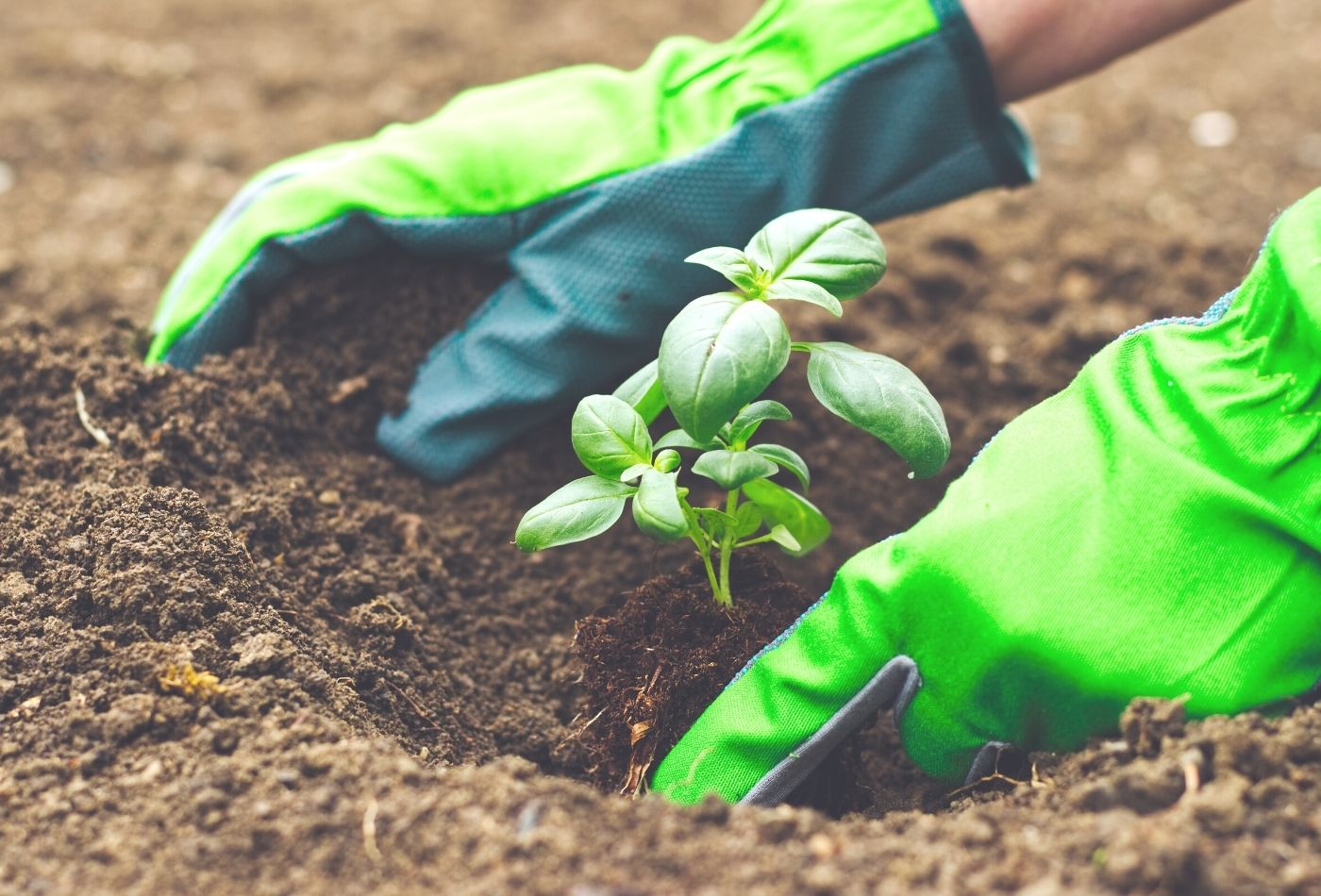
Salt Lake City, nestled amidst the majestic mountains of Utah, has a deep appreciation for nature and sustainable living. As residents strive to maintain a harmonious balance with the environment, organic composting has emerged as a powerful tool to enhance soil health, conserve resources, and promote eco-friendly gardening practices.
In this article, we will explore the wonders of organic compost in Salt Lake City and how it is transforming the city’s gardening landscape.
Understanding Organic Compost
Organic compost, often referred to as “black gold” by gardeners, is a nutrient-rich, dark, crumbly material resulting from the decomposition of organic matter. It is created through a natural process called composting, where microorganisms break down various waste materials, including kitchen scraps, yard trimmings, leaves, and plant debris.
As the materials decompose, they transform into a humus-like substance that is incredibly beneficial for enriching soil.
Benefits of Organic Compost
Improved Soil Structure: Organic compost is the key to unlocking the true potential of soil. Its porous structure improves soil aeration and water retention, promoting healthier root systems and overall plant growth. In Salt Lake City, where the climate can be arid, soil moisture retention is particularly valuable.
Nutrient-Rich Fertilization: Compost is a natural, slow-release fertilizer, offering a balanced array of essential nutrients like nitrogen, phosphorus, and potassium. Unlike synthetic fertilizers, compost provides nutrients steadily, reducing the risk of nutrient imbalances and water pollution.
Enhanced Soil Biology: Compost teems with beneficial microorganisms that create a thriving soil ecosystem. These microorganisms break down organic matter further, releasing additional nutrients while warding off harmful pathogens and diseases.
Waste Reduction and Recycling: Organic composting diverts a significant amount of kitchen and yard waste from landfills, reducing greenhouse gas emissions and mitigating environmental impacts. By participating in composting initiatives, Salt Lake City residents actively contribute to waste reduction and a greener community.
Organic Compost Initiatives in Salt Lake City
The residents of Salt Lake City have shown remarkable enthusiasm for composting, and the city has responded with numerous initiatives to support organic waste recycling. Some notable efforts include:
Curbside Composting: The city provides curbside composting services, allowing residents to conveniently separate their food scraps and yard waste for collection. These collections are then processed into nutrient-rich compost, which is returned to the community for use in gardens and landscaping projects.
Community Composting: Community gardens and urban farms often feature composting systems where residents can collectively contribute organic waste and share in the resulting compost.
Compost Education: The city conducts workshops and educational programs to raise awareness about the benefits of composting, instructing residents on proper composting techniques and best practices.
Municipal Composting Facilities: Salt Lake City has invested in municipal composting facilities that process organic waste on a larger scale. These facilities play a crucial role in supporting the city’s composting efforts and promoting a circular economy.
Conclusion
Embracing organic composting in Salt Lake City is not just about nourishing plants; it’s a commitment to sustainable living and responsible environmental stewardship.
By diverting organic waste from landfills and transforming it into nutrient-rich compost, the residents of Salt Lake City are nurturing a thriving soil ecosystem and contributing to a greener, more sustainable future.
As this organic movement continues to flourish, it brings the community together in the shared goal of preserving the natural beauty and resources of this unique city amid the mountains.
Leave a Reply